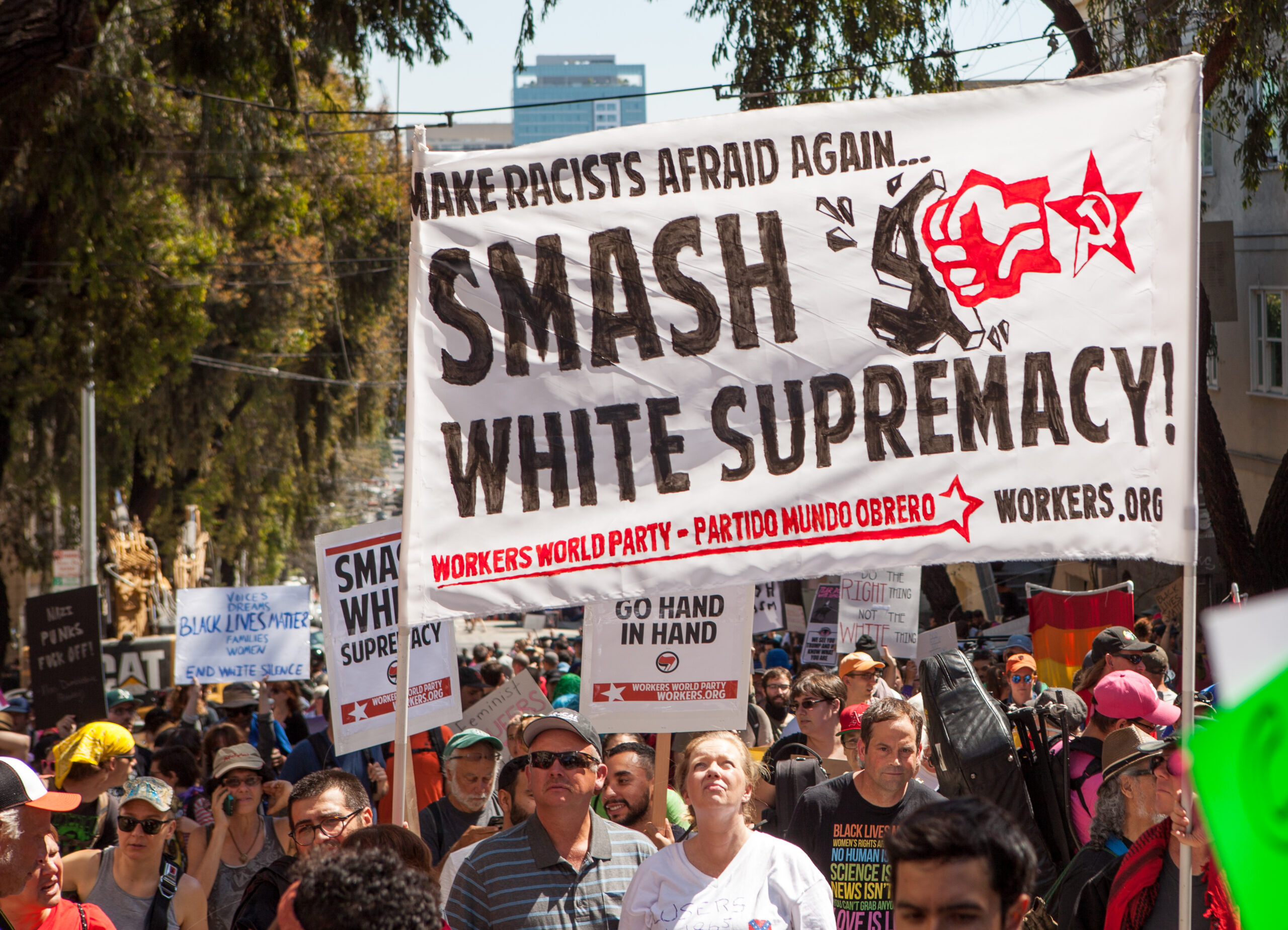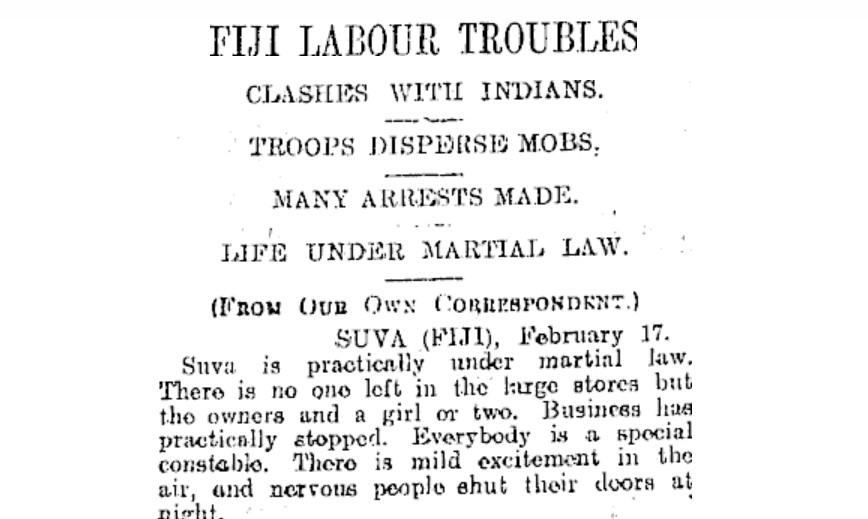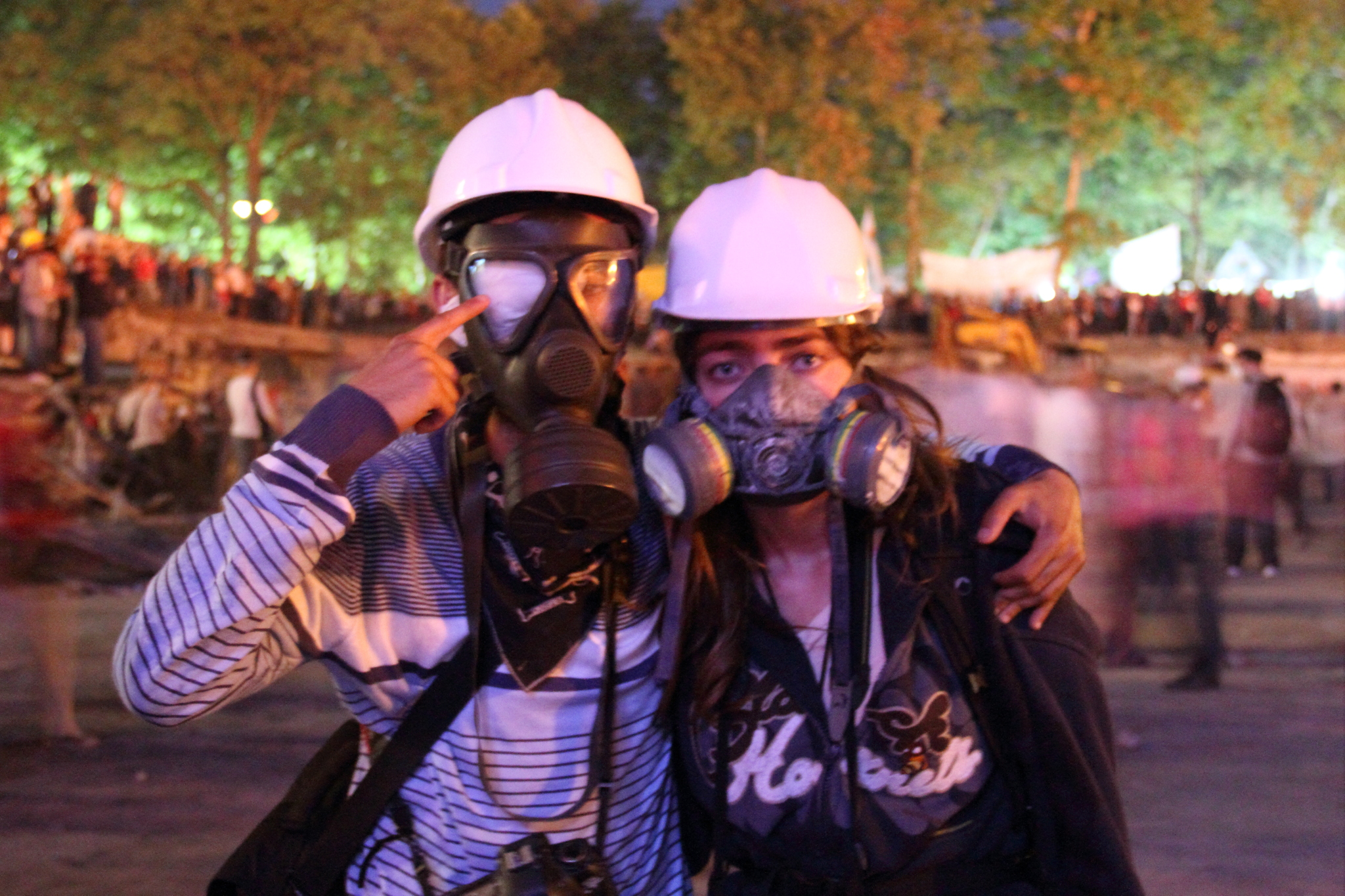“Every single member of my family on both sides was exterminated. Both of my parents were in the Warsaw Ghetto uprising. And it is precisely and exactly because of the lessons my parents taught me and my two siblings that I will not be silent when Israel commits its crimes against the Palestinians.”
It is a tragedy to be born out of your time, when keeping faith with your past means breaking radically with the present. This documentary about radical Jewish American academic Norman Finkelstein is more gripping and tragic than any documentary about an academic should be.
If Israel had a public enemy list for intellectuals, Norman Finkelstein would be number one. He is a figure held up for derision and hate for Zionists for two reasons: He is the foremost and most fearless critic of the Israel’s racist theory and increasingly barbaric practice and worse, he is a Jew whose parents survived Hitler’s concentration camps. This last is the worst crime in a critic of Israel. For a state based on Jewish identity Finkestein’s Jewishness is galling but his direct link with survivors of Hitler’s attempted genocide is unforgivable.
His parents loom large in this documentary.
They are ever-present points of reference for Finkelstein, who grew up in the long shadows cast by the watchtowers of Auschwitz.
He says of his mother that she was always reflecting on the camps, on the smallest events as if they revealed the secret of human nature.
His father, who became a factory worker in New York after the war, spoke little of the camps, or anything else.
The horrors of the Holocaust meant the Finkelsteins were unusual parents. When they said the simplest things, like share your things or don’t waste food, simple lessons that all parents pass on to their children, Norman’s parents were deadly serious because in the camps the basics of human decency were not a luxury but the only thing left to cling to give life any meaning at all.
On war, specifically the American war in Vietnam, Finkelstein’s mother was almost hysterical in her opposition, he said – “why would people do such things? How could they?”
Finkelstein was animated from his high school days by a horror of injustice and cruelty, so anyway said a former classmate who now lives in Tel Aviv. Everyone was against the war in Vietnam but Norman was serious about it. He was passionate.
When Israel invaded Lebanon in 1982, Norman’s opposition to war collided with the increasingly brutal trajectory of the “Jewish” state.
Israel bases its right to existence on the supposed eternal hostility of non-Jews to the Jewish people, who depend on the security a nation state brings. Israel bases its right to mete out violence and destruction on the enormous violence meted out to European Jews by the Nazis. How can the bombing of Lebanon and Gaza be compared to the death camps, to the annihilation Hitler sought to bring upon the Jews? The Holocaust Industry (the title of one of Finkelstein’s books) exists, he argues, to use the legacy of that time to justify the state of Israel. The Holocaust is like an inexhaustible bank account of horrors that Israel can draw on – in a more moderate, “democratic” way, more in sorrow than anger – and pay forward to the Palestinian people.
Finkelstein is a real problem, not just because of the strength of his arguments or the depth of his historical knowledge (which is great) but because as a child of the Holocaust he is in a way a trustee of that legacy of genocide.
His arguments and his knowledge are deeply significant though. Isolated though he might appear to be now – Finkelstein was driven out of his teaching positions at two US universities and has been detained and deported from Israel – if you were to survey Jewish intellectuals of the last 100 years it would be the Zionists, not Finkelstein, who would be in the minority. Socialism in one form or another was the mainstream political ideology of European Jews up until the Holocaust.
Finkelstein’s mentor, Noam Chomsky, is a great example of this progressive anti-capitalist tradition that Finkelstein also represents.
Nonetheless, the times are against him and he is a lonely figure. In some ways, this is self-inflicted. Finkelstein could have kept his radical politics and his condemnation of Israel as a sideline to, say, rebutting the Holocaust denier David Irving or US imperialism. Instead he has chosen the more difficult path, to make what is closest to his heart his life’s work. He is a passionate public intellectual. He is a prophet.









